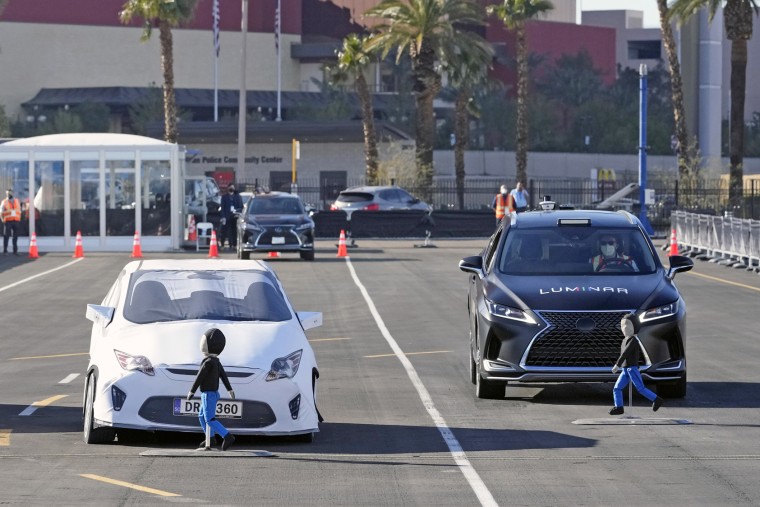Over the past few years, the automotive industry has made tremendous strides in innovating advanced safety technologies aimed at ensuring safety in American roads with greatly enhanced potential. Following this trend, the Biden administration seeks to make these innovations mandatory for all new vehicles in the country.
Advanced safety technology for automotive is not just a trend; it is the new standard. In recent years, safety technologies such as automatic emergency braking, lane departure technology, blind-spot detection, and rearview video systems have gone from being premium add-ons to standard offerings for many new cars and trucks. This development represents important steps towards realizing a future where accidents, injuries, and fatalities on the roads are drastically reduced, if not completely eliminated.
The Biden administration, recognizing the potential of advanced safety technology, is pushing for a regulation that will make these systems mandatory on all new cars and trucks. This move underlines a commitment to public safety and also sets the country at the forefront of automotive safety regulations worldwide.
The regulatory requirement for advanced safety technologies is grounded in statistical reality. According to the National Highway Traffic Safety Administration (NHTSA), more than 36,000 people died in motor vehicle crashes in 2019. The inclusion of advanced safety technologies in all new cars and trucks can significantly reduce the number of fatalities and injuries from such incidents. Technologies like automatic braking systems and lane departure warnings can take corrective action even when human error incurs, enhancing overall safety on roads.
This policy is not merely a matter of adding features to a vehicle, but ensuring the safety of drivers, passengers, and pedestrians alike. This can only be realized by leveraging advanced safety technologies like crash imminent braking (CIB) and dynamic brake support (DBS), which have been proven to reduce the risk of a fatal accident.
Aside from the immediate safety benefits, this policy presents long-term benefits for the automotive industry. By mandating such systems, the Biden administration is significantly encouraging innovation within the industry. Auto manufacturers will be motivated to research and develop more advanced systems, thereby driving the continuing evolution of the entire auto industry.
Yet, the cost implications of this regulation should not be overlooked. There are concerns about the policy driving up the prices of new vehicles, putting undue pressure on consumers. In response, the Biden administration must assure citizens that it is committed to ensuring that vehicles remain affordable while making no compromises on safety.
In essence, the Biden administration’s mandate to require advanced safety tech in all new cars and trucks underscores a paradigm shift in automotive industry regulations. The United States is setting a new bar in road safety, ensuring that every made or assembled vehicle in the country, regardless of make or model, includes life-saving technologies as standard. A citizen’s safety on the roads should never be a luxury, but a norm well within reach for all.




